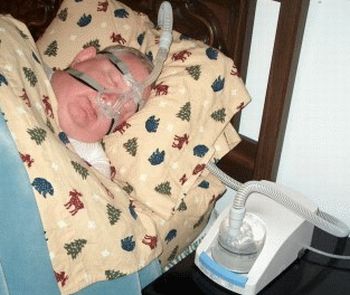 A study conducted by the scientists at the Yale University School of Medicine in New Haven, Connecticut, revealed that a hazardous type of snoring called sleep apnea can result in stroke by lowering blood flow to the brain, increasing blood pressure and eventually harming the brain’s capability to adapt these changes.
A study conducted by the scientists at the Yale University School of Medicine in New Haven, Connecticut, revealed that a hazardous type of snoring called sleep apnea can result in stroke by lowering blood flow to the brain, increasing blood pressure and eventually harming the brain’s capability to adapt these changes.
Writing in the Journal of Applied Physiology, the group led by Vahid Mohsenin said that their findings may help clarify why people having sleep apnea are more likely to suffer strokes and to die during sleep.